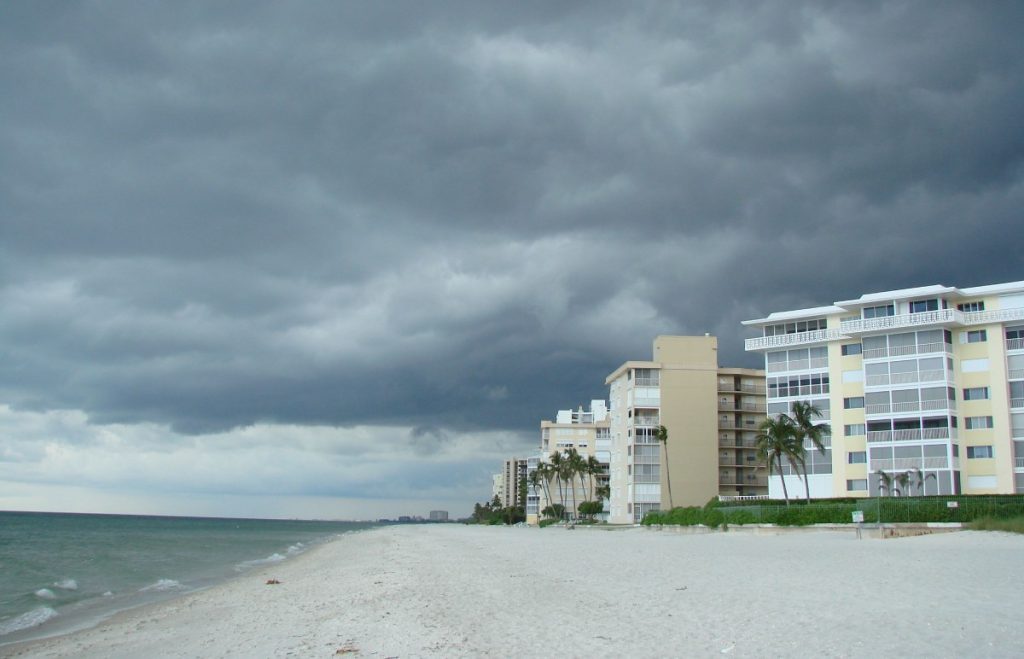Hurricane Irene appears to be affecting more people any other hurricanes in recent history. While storms like Wilma and Katrina devastated Florida, Mississippi, and Louisiana, Irene is forcing evacuations in no less than five states from the Carolinas to New York. After a storm, it is important to report damages early, even if you are unsure whether the amount of loss will exceed the deductible.
With the large number of states affected, it is also important for insurance professionals and policyholders to review and understand the laws in each jurisdiction. The statutes of limitations and their interplay with the policy language is a crucial part of this analysis.
While state law generally dictates the amount of time after a loss before a suit is barred, some states allow the statute of limitations to be contractually altered by the policy. In Georgia, for instance, an insurance contract may shorten the statute of limitations “provided the period fixed be not so unreasonable as to raise a presumption of imposition or undue advantage, in some way.” Darnell v. Fireman’s Fund Ins. Co., 154 S.E. 2d 741 (GA Ct. App. 1967). In Georgia, it is important for a policyholder to read the “Suit Against Us” provision of the policy carefully to determine whether the statute of limitations period has been shortened.
There are other states that do not allow the period to be shortened by an insurance contract. Some states rely on case law to prohibit such an occurrence and others have statutory provisions which expressly forbid it. For instance, Florida Statute § 95.03 provides:
Any provision in a contract fixing the period of time within which an action arising out of the contract may be begun at a time less than that provided by the applicable statute of limitations is void.
With the large area of potential damages, many professionals will be working in more than one state for the foreseeable future. Associations should be aware that the adjuster assigned to their claim may be working in their state one day and in another state the next. With differing laws in each jurisdiction, it is important for insureds and claims professionals to make sure that an otherwise valid claim is not barred.

